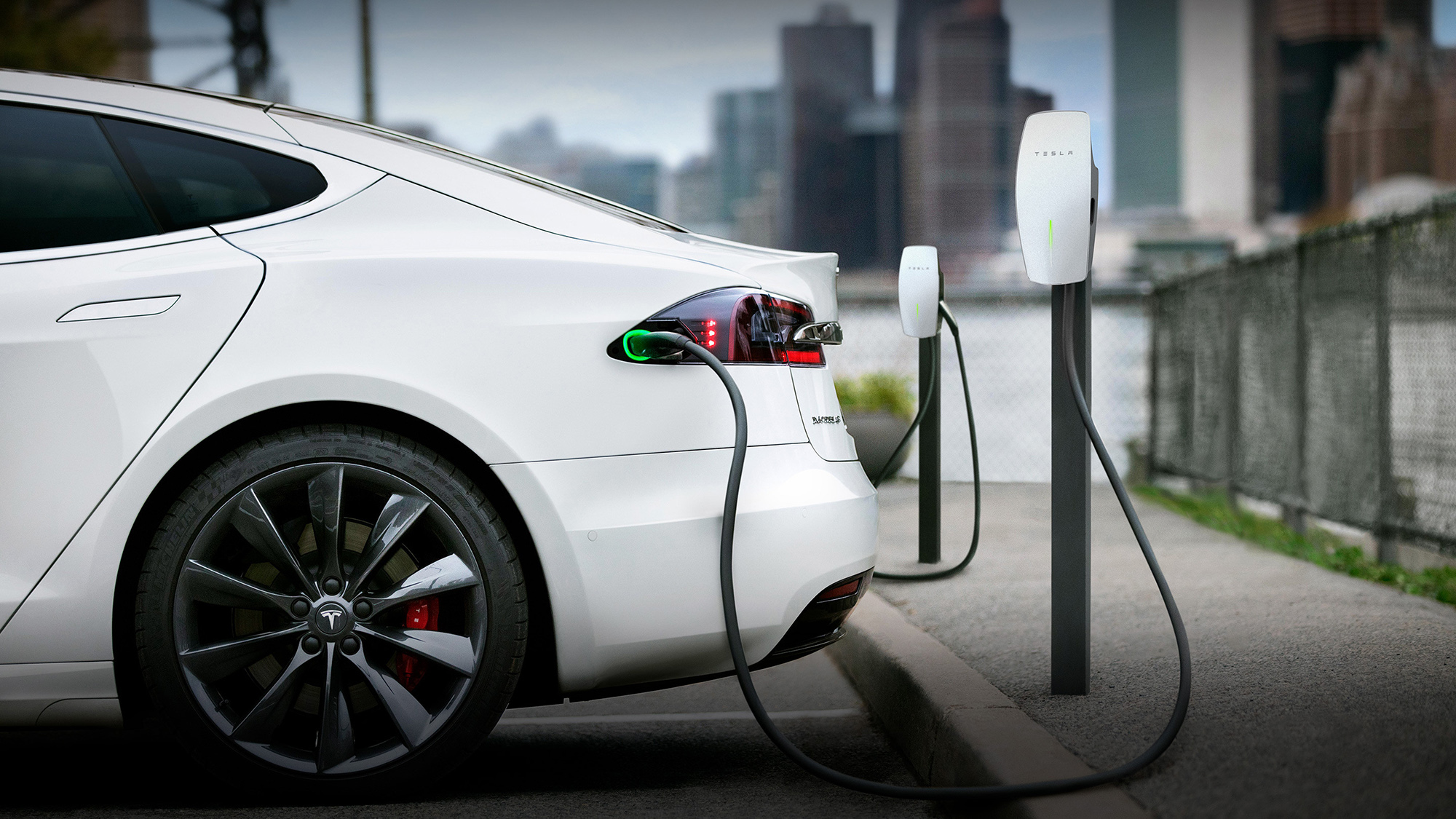1 in 5 Californians have swapped their EV for a gas car — and this is to blame
Poor charging infrastructure hurting EV adoption

While a lot of people have been making the switch from gas to electric vehicles, new data shows that some people are switching back. And it’s all thanks to poor charging infrastructure.
That’s according to a recent study from UC Davies’ Institute of Transportation Studies, published in Nature. According to researchers’ findings, roughly 1 in 5 EV and plug-in hybrid “early adopters” switched back to a car that only runs on gasoline.
- These are the best electric cars you can buy right now
- Where to charge my electric car: Electric car charging stations near you
- Plus: Bentley’s first electric car announced — what we know so far
Researchers surveyed 1,727 Californians who purchased an EV or plug-in hybrid (PHEV) between 2015 and 2019. 20.1% of PHEV owners and 18.1% of battery-only EVs switched back to gas when the time came to buy a new car. And it seems to be primarily down to the issue of charging infrastructure.
According to the findings, the people who ditched EVs were twice as likely to have no charging options at home. They were also half as likely to have a level two charger at home, which is essential if you need to be able to recharge your car overnight.
Unsurprisingly, the percentage of owners who ditched electric vehicles differs depending on which one they owned. 36.9% of Fiat 500e owners switched back to gas, but only 11% of Tesla owners did the same. It shouldn’t be a huge surprise that Tesla owners were less likely to switch back, given how much money the company has put in to charging technology.
The company has invested a lot in its own charging network, and its Supercharger map shows that the state of Caslifornia is covered in various compatible charging stations. Charging sites are plentiful around the major cities and the coast, but also at other various points across the state.
But because Tesla-owned chargers don’t work with other EVs, anyone without a Tesla has to rely on other charging solutions.
Get instant access to breaking news, the hottest reviews, great deals and helpful tips.
That said, charging isn’t the only factor. Researchers also found that households with more than one car were more likely to purchase another EV. Presumably those people would have a gas-powered car or some other vehicle that could be used for times when an EV is unsuitable, like long-distance journeys.
Interestingly, range didn’t factor into peoples’ decisions. While early EVs were lacking in the range department, modern EVs have improved considerably. Not only do they have larger batteries, they can also recharge much faster when the need arises. The researchers pointed out that if range was an issue, EV drivers do have the option of picking up a new car that can handle longer distances.
For the majority of respondents, it’s clearly not the cars themselves that are at fault. Researchers found that 65% of people who gave up their EV said they’d still consider purchasing an electric car in future.
But as the paper points out, we can’t assume that because a person owns an EV now that they'd buy another one in the future. So, as challenging as it is to get people to actually buy an electric vehicle, we still have to make sure they have enough incentive to carry on for years to come.
Part of that challenge clearly involves making sure the vehicle charging infrastructure is up to spec. Especially for people who don’t, or can’t, have fast chargers at home.

Tom is the Tom's Guide's UK Phones Editor, tackling the latest smartphone news and vocally expressing his opinions about upcoming features or changes. It's long way from his days as editor of Gizmodo UK, when pretty much everything was on the table. He’s usually found trying to squeeze another giant Lego set onto the shelf, draining very large cups of coffee, or complaining about how terrible his Smart TV is.
